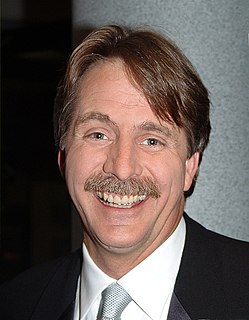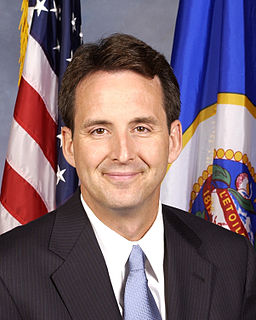A Quote by Wilson Greatbatch
When you buy a gallon of gas, over 60 percent of the energy you pay for goes out the radiator in the form of waste heat? That's why you have a radiator in your car in the first place.
Related Quotes
I suspect that many of the great cultural shifts that prepare the way for political change are largely aesthetic. A Buick radiator grille is as much a political statement as a Rolls Royce radiator grille, one enshrining a machine aesthetic driven by a populist optimism, the other enshrining a hierarchical and exclusive social order.
Say that Congress legislates gasoline price controls that sets a maximum price of $1 a gallon. As sure as night follows day, there'd be long lines and gasoline shortages, just as there were in the 1970s. For the average consumer, a $1.60 a gallon selling price and no waiting lines is a darn sight cheaper than a controlled $1 a gallon price plus searching for a gasoline station that has gas and then waiting in line. If your average purchase is 10 gallons, and if an hour or so of your time is worth more that $6, the $1.60 a gallon free market price is cheaper.
A car produces about one pound of CO2 per mile. There is no problem with collecting the CO2 in the tailpipe, but one might easily end up with a trailer hitched to the car for carrying all this CO2 back to the filling station. The gas burned from a 15-gallon tank would fill up five 60-inch-tall gas bottles.
I hate plastic bottles. Just think about it before you buy one. We pay more for a gallon of water than we do for a gallon of gas. I think people will realize that water quality standards in most municipalities are as good or better for the stuff coming out of the tap than bottled water companies. You'll save money and save the environment, too.
First, the oil and gas business pays its fair share of taxes. Despite the current debate on energy taxes, few businesses pay more in taxes than oil and gas companies. The worldwide effective tax rate for our industry in 2010 was 40 percent. That's higher than the U.S. statutory rate of 35 percent and the rate for manufacturers of 26.5 percent.
New Zealand was such a weird place in the 1980s. For instance, we used to have this commercial in the late 1970s where this guy drives this car and stops outside a corner store. He goes in to buy something, and when he comes out, his car is gone. He's like, 'Huh?' Then a voice says, 'Don't leave your keys in the car.'
If you have to pay about forty to forty-three percent of your income for housing, you also have to pay fifteen percent of your paycheck for the FICA for Social Security wage withholding. You have to pay medical care, you have to pay the banks for your credit card debt, student loans. Then you only have about twenty-five or thirty-five percent, maybe one-third of your salary to buy goods and services. That's all.




































